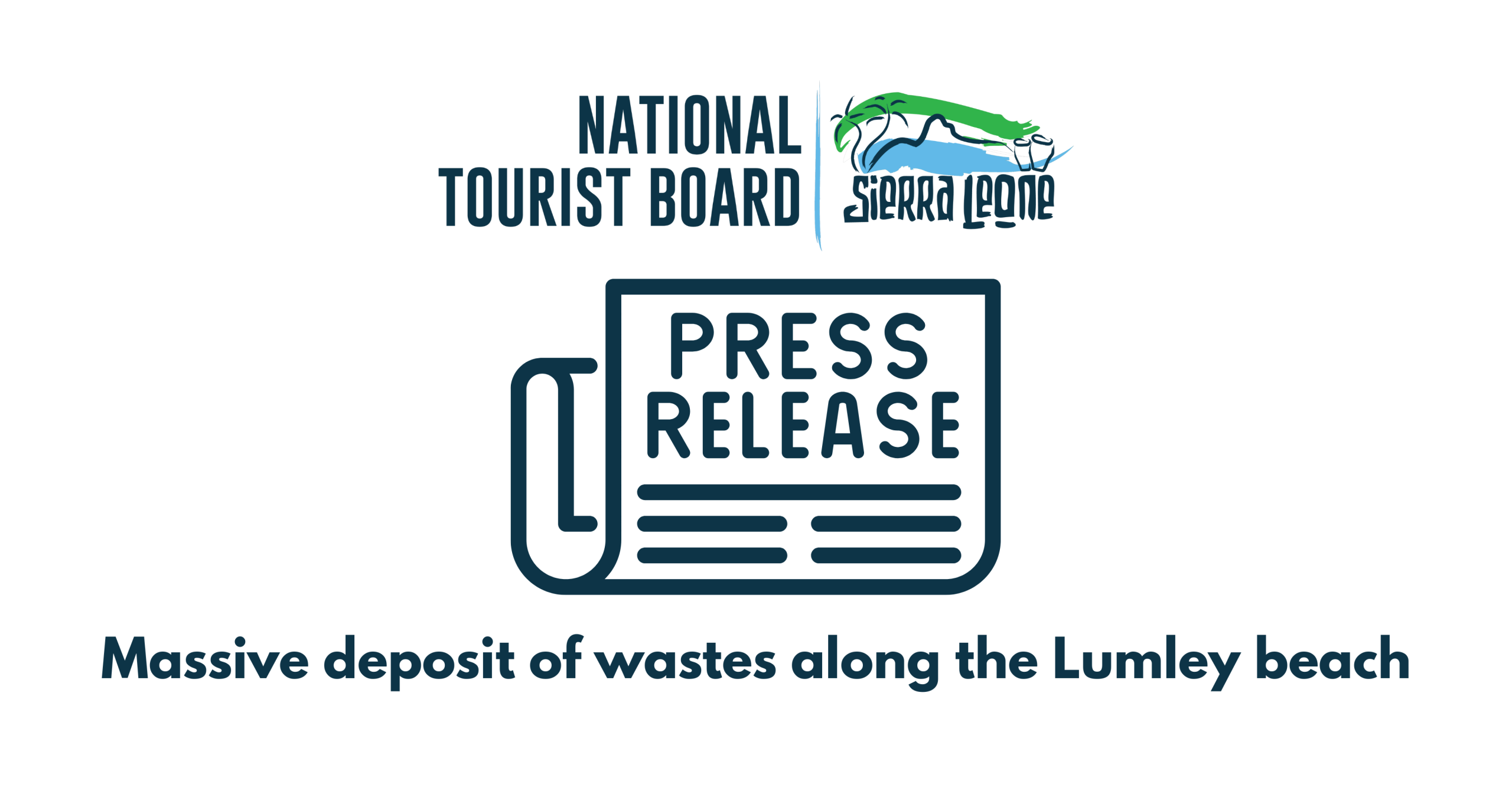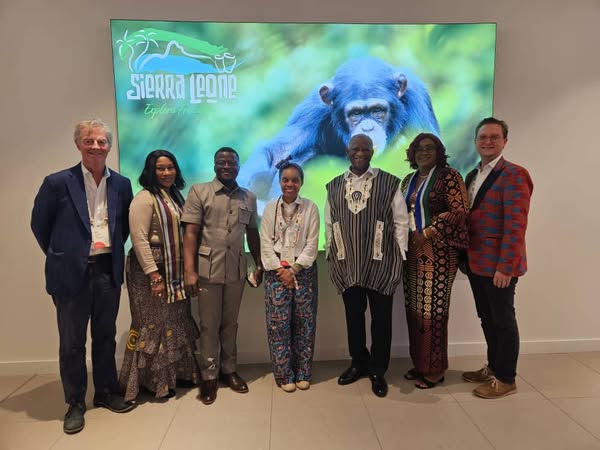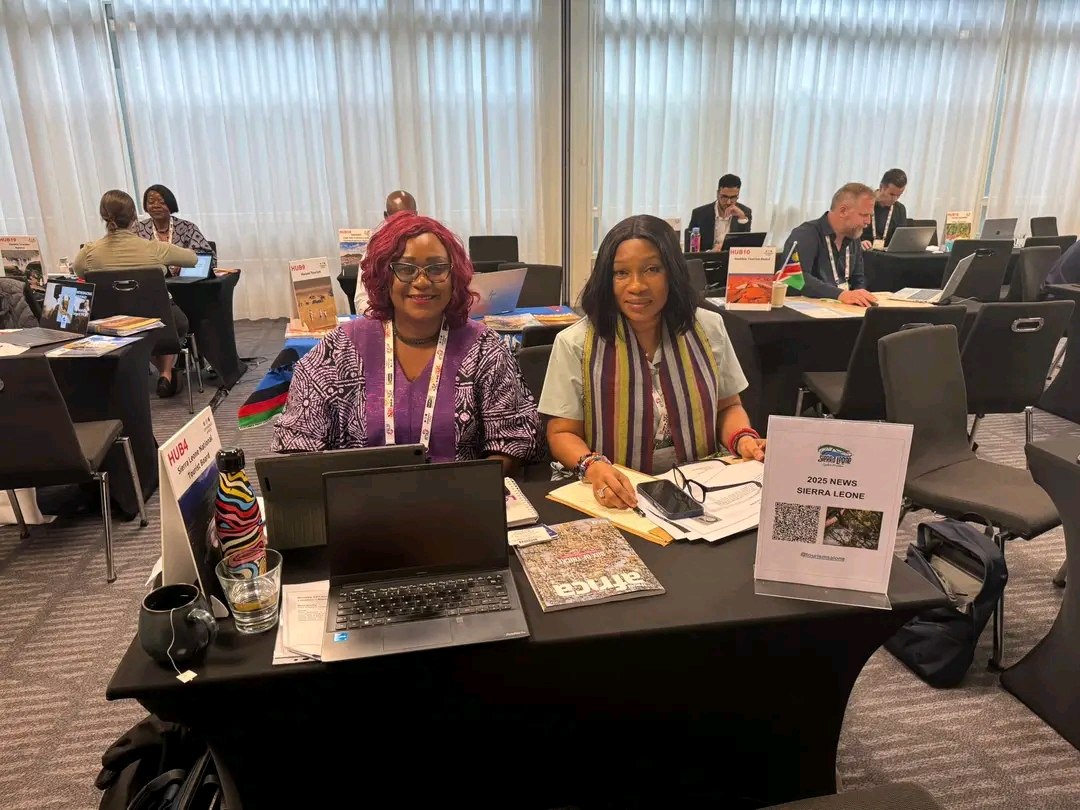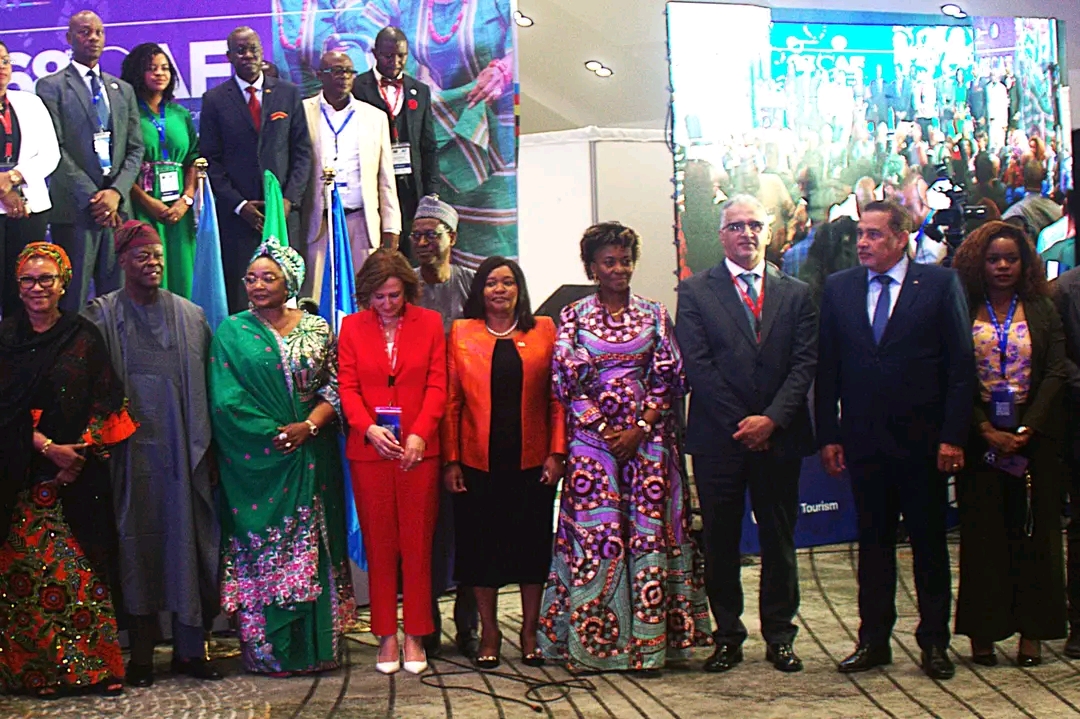We, the Ministry of Tourism and Cultural Affairs in collaboration with development partners, acknowledge the following:
- Tourism accounts for an estimated 10.4% of the world’s GDP, considering its direct, indirect and induced impacts (WTTC, 2019), and the tourism sector accounts directly for 3% of the GDP of the G20 economies (UNWTO, 2019);
- Globally, tourism represents one of the fastest-growing and resilient economic activities – forecasts indicate that tourism will experience sustained growth in the coming years, reaching 1.8 billion international tourist arrivals in 2030, up from 4 billion in 2018 (UNWTO, 2019);
- Tourism is one of the main sectors driving economic integration and socio-economic development, and creating jobs in many other sectors, including agriculture, construction, manufacturing, retail, handicrafts, cultural and creative industries, financial services, information and communication technologies (World Bank, 2017);
- Tourism accounts for a higher share of women’s employment and entrepreneurship as compared to the whole economy, and is a driving force for social inclusion including, but not limited to, women, young people, persons with disabilities, migrants, indigenous and tribal peoples, and rural populations (UNWTO, 2019);
- Tourism is a sector made up mostly of Small and Medium Enterprises (SMEs) providing major opportunities for young and female entrepreneurial talent, and for integrating SMEs and start-ups into the value chain (G20 Osaka leaders);
Taking into consideration:
- The 1991 Constitution of Sierra Leone, Chapter II, Section 9(1) and 9(2) (a) of provides for gender equality in education and outline directives that secure women’s rights to equitable access to and benefit from education and the 17.2 Education Act 2004;
- That nationally, the empowerment of women, youth and persons with disabilities is a core component of the Medium- Term National Development Plan (2019-2023) and tourism is a priority sector in the New Direction Agenda;
- The National Policy on Gender Mainstreaming (2000) the National Policy on Women’s Empowerment (2000), the National Action Plan on the United Nations Security Council Resolution 1325, on Women, Peace, and Security, (2000), and the Local Content Policy of the National Tourism Policy and National Cultural Policy;
- The Chieftaincy Act No. 10 of 2009, Section 8 that makes women eligible to contest for and become Paramount Chiefs, the Gender Equality and Women’s Empowerment Bill, which establishes a minimum of 30 percent representation of women in governance at all levels;
- The Africa Agenda 2063, Beijing Declaration and Platform for Action, The Convention on the Elimination of All Forms of Discrimination Against Women (CEDAW) and the G20 Osaka Tourism Ministers Declaration on Advancing Tourism’s Contribution to the Sustainable Development Goals (SDGs);
- The seven key findings of the Global Report on Women and Tourism Second Edition, 2019 which state:
- Targeted interventions by public, private and civil society actors, such as promoting equal pay, tackling sexual harassment and recruiting women into high-level employment, help to promote decent work for women in tourism.
- Gender-sensitive legal and macroeconomic policies at the national level increase women’s economic empowerment in the tourism sector when they are implemented effectively.
- Investment in skills training for women, including training on soft skills and awareness-raising on available training opportunities, and gender equality training across the sector lead to greater outcomes for gender equality.
- Gender equality strategies for the tourism sector are vital for women’s empowerment, and must be backed by institutional and budgetary support.
- Women can be empowered politically and socially through tourism when links are made with the broader community and civil society organizations.
- When targeted gender-sensitive training is provided and women have access to appropriate technology, the digitalization of tourism can offer exciting new opportunities for women’s innovation and empowerment.
- The availability of sex-disaggregated tourism data allows for better-targeted gender equality interventions in the sector and leads to greater women‘s empowerment.
|
Action Plan
Employment
Take measures to tackle the gender pay gap in tourism.
Address social protection and unpaid work for women in tourism.
Systematically address the sexual harassment of women workers in the tourism sector, as well as issues of harassment in tourism communities against community members and travellers.
Develop and institutionalize gender equality strategies for the tourism sector.
Challenge gender-stereotypes in tourism sub-occupations.
Entrepreneurship
Work to ensure that women’s tourism businesses can become formalized, if they wish to be, and contribute to women’s financial inclusion.
Expand and diversify women’s market access and fair trade for their tourism products and services.
Support women to expand and diversify their tourism products and services.
Introduce measures to improve women’s work-life balance in tourism and encourage an equal division of unpaid care work in tourism communities.
Expand women’s access to digital technologies, including digital tourism platforms.
Leadership, policy and decision-making
Work towards gender balance in senior management of tourism companies.
Address the lack of high-level women’s leadership in decision- making spaces in the private sector, public sector tourism bodies and agencies.
Ensure International Labor Organization (ILO) policies on maternity and care responsibilities are respected.
Actively support women’s representation and leadership in trade unions.
Education and training
Develop training programs for women in tourism, including training on soft skills, networking and high-level training for career progression.
Provide targeted training for women to ensure that they can use digital technologies to innovate through digital technologies in tourism.
Provide gender equality training for tourism policy-makers, managers and employees.
Encourage the participation of female students and graduates in tourism studies and qualifications.
Community and civil society
Facilitate women’s voice in the community and household decision-making.
Ensure gender equality and human rights commitments at the national level are met and implemented effectively.
Support women’s tourism networks, NGOs and tourism cooperatives to actively work towards women’s empowerment in the sector.
Measurement for better policies
Regularly collect and report data that is disaggregated by sex on employment in the tourism sector and, where possible, formal and informal tourism employment, gender pay gaps, entrepreneurship, education and training, leadership and decision-making, time use and work-life balance.
Regularly provide data disaggregated by sex on employment in the tourism sector to UNWTO.
Conduct gender analysis, consult civil society actors, integrate a gender perspective into all phases of the tourism policy and program cycle.

In collaboration with
 |
 |
 |
 |






